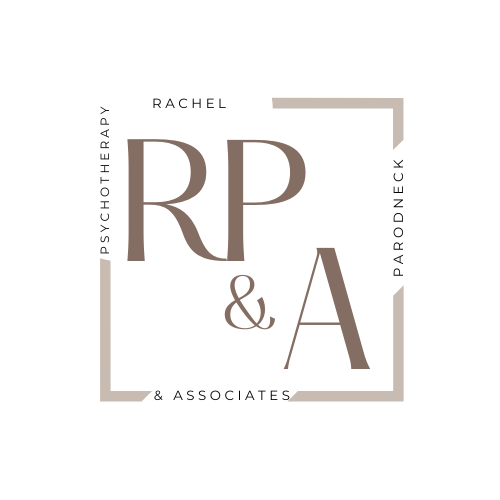Slacking on Slacks: What a Lack of Grooming & Hygiene Can Really Mean
With most people working from home, there is no longer a real need to dress up. Have a work meeting? Nothing professional needed below the waist. Dressy tops are the extent of what one is able to broadcast to the world during pandemic times. But did you know that one’s level of grooming and hygiene can be representative of something else? Something far bigger?
That’s right, if you see someone who is starting to slack on their self-care with regards to grooming and hygiene, that could represent a larger issue with their mental health.
This truth can be overlooked at the moment.
All that being said, as people are working from home, grooming and hygiene have fallen by the wayside for many. When people are not required to dress to impress and pajama bottoms are the new everyday look, it makes sense that people may begin to slack on the self-care aspect of grooming and hygiene. Even the most fastidious among us may take a day or two in between showering or end up washing their hair a bit less frequently.
While there is nothing inherently wrong with being slightly less presentable overall, (we are in quarantine, just trying to stay healthy!) it is very important to continue to practice self-care in terms of cleanliness and grooming for our mental health as well as physical health.
With COVID-19 running rampant across the globe and cases in NYC spiking again, taking care of your hygiene has never been more important.
Cleanipedia created a personal hygiene checklist:
Shower or bathe regularly. Take particular care to do so if you’re dirty or sweaty.
Brush your teeth. This not only protects against oral diseases, but fights bad breath.
Wash your clothes. Ensure there is no leftover sweat or dirt on them.
Wash your bed linen regularly. Bedding comes into regular contact with body fluids such as sweat while you sleep, so change and wash it every week in summer or every two weeks the rest of the year.
Trim your nails. Bitten nails don’t look great, but neither do dirty, long nails.
Wash your hands with soap. Particularly if you have been in contact with raw meat or anyone who is ill.
Cover your mouth with a tissue when coughing or sneezing. This will prevent the spread of germs to others and the contaminated tissue can be thrown away. If you use your hands, be sure to wash them after.
Neglecting one’s personal hygiene is not only bad for your physical health, but it can also be a sign of mental health issues such as depression. If you notice that a friend or partner is not taking care of themselves in terms of hygiene, check in on them.
If you are struggling with maintaining your personal hygiene, this can be indicative of other bigger issues.
To tackle these larger problems, therapy can be paramount to getting back on track and maintaining a strong baseline of mental health. Book a complementary consultation with me to see how I can help you reach your peak mental health today! Contact me here
References:
(April 8, 2020). Cleanipedia. The ultimate personal hygiene checklist for adults. Retrieved from:
https://www.cleanipedia.com/gb/family/the-ultimate-personal-hygiene-checklist-for-adults.html
Orenstein, B., (May 20, 2009). Everyday Health. A Guide to Good Personal Hygiene. Retrieved from:
https://www.everydayhealth.com/healthy-living/guide-to-good-hygiene.aspx


